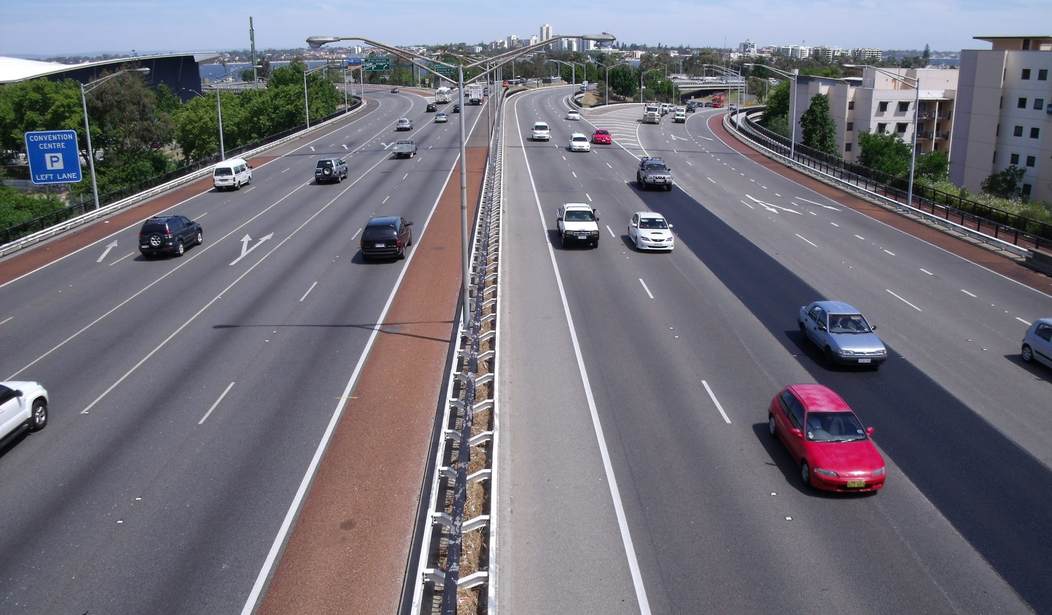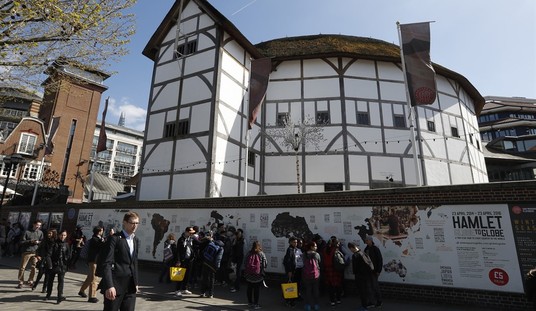WASHINGTON – The federal Highway Trust Fund, which contributes to road building and maintenance projects across the country, is expected to run out of money in early August, leading some states to issue plans to halt construction in case the well runs dry.
The House and Senate are considering dueling packages and have not reached an agreement on how to address the fund’s impending insolvency. Transportation Secretary Anthony Foxx has advised governors that reimbursements may slow to a trickle if the chambers can’t agree in time.
Foxx told the states his department “will continue to take every possible measure to fully reimburse your state for as long as we can. However, as we approach insolvency, the department will be forced to limit payments to manage the reduced levels of cash available in the trust fund. This means, among other things, that the Federal Highway Administration will no longer make ‘same-day’ payments to reimburse States.”
Congress still has time to act on a long-term solution, Foxx said.
“Our transportation infrastructure is too essential to suffer continued neglect and I hope that Congress will avert this crisis before it is too late,” he told the governors. “I urge you to stand with me in calling on Congress to ensure the solvency of the Highway Trust Fund while committing itself to a sound, bipartisan, and long-term solution that will ensure the stability of the surface transportation system of our nation for the next several years.”
Some states aren’t waiting. Kentucky, for instance, has delayed $185 million in road projects because it can’t count on the federal government to provide reimbursement for the state’s outlays. The Obama administration estimates insolvency could result in the loss of 700,000 jobs.
The Highway Trust Fund was created in 1956 to build the interstate highway system envisioned by President Dwight D. Eisenhower. It has since expanded to help pay for myriad road projects.
It has encountered funding problems for several years. The fund receives money from an 18.3 cents per gallon federal fuels tax on gasoline and 24.4 cents per gallon on diesel fuel, rates that have been in place since 1993. The Congressional Budget Office determined that revenue stream is inadequate to meet contemporary road needs even though the miles Americans drive each year continue to rise. That’s because improved automobile fuel efficiency means drivers are stopping at the pump less frequently, resulting in lower revenues for the fund. Currently, the fuel tax brings in about $34 billion a year.
Congress authorized the transfer of $35 billion from the Treasury to keep the fund solvent from 2008 to 2010 but it thus far has balked at taking action on the latest problem. It has rejected entreaties to increase the fuels tax or tie it to the rate of inflation even though the proposed hike carries the support of the U.S. Chamber of Commerce and other organizations.
“I do not support, and the House will not support, billions of dollars in higher taxes to pay for more spending,” said Rep. Dave Camp (R-Mich.), chairman of the tax-writing House Ways and Means Committee.
The CBO reports that the fund requires an additional $8 billion just to meet its contractual obligations through year’s end. The outlook for FY 2015 is even bleaker. If all existing projects continue at the previous year’s budgeted levels plus inflation and the fuels tax remains at current levels, the Federal Highway Administration would not be able to add any new projects.
The states would be the ones facing the consequences if the issue is not addressed. The American Road & Transportation Builders Association estimates that the average states receives 52 percent of its highway and bridge outlays from the federal government, ranging from a low of 35 percent in New Jersey to a high of 100 percent in Rhode Island. States with toll roads generally receive less federal support than those without toll roads.
President Obama responded by proposing a $302 billion, four-year transportation package that included $63 billion to fill the fundraising gap in the Highway Trust Fund. It included policies and reforms to prioritize investments for repairs and to improve the safety of highways and bridges, subways and bus services, with particular attention to improving roads and bridges in rural and tribal areas.
“It’s not crazy,” Obama said in introducing the plan. “It’s not socialism. It’s not the imperial presidency. We’re just building roads and bridges, like we have for the past 50 years.”
As with much of the president’s agenda, it was ignored by the Republican-controlled House. Lawmakers in the lower chamber have advanced several plans but none have thus far resulted in a consensus. House Speaker John Boehner (R-Ohio) initially proposed ending Saturday mail delivery and using the resulting savings to replenish the trust fund. That idea drew little support.
Calls to increase the gas tax earned a cold shoulder from Republicans. Sen. John Thune (R-S.D.), ranking member on the Senate Commerce, Science and Transportation Committee, voiced support for bolstering the fund, insisting that “maintaining and improving our nation’s infrastructure is absolutely vital to our country’s economic prosperity.”
“I am skeptical about the financing proposals the administration has put forward to fund its $302 billion plan, especially the administration’s reliance upon one-time revenues from so-called corporate tax reform,” Thune said. “This aspect of the plan is unlikely to secure broad support in Congress and fails to provide a longer-term funding solution for these vital programs.”
On Thursday the House Ways and Means Committee, by voice vote, adopted a plan to bolster the fund by $10.7 billion, which could carry it to May 31, 2015. The package employs a budget gimmick known as “pension smoothing” to pay the tab. Pensions smoothing permits employers to delay contributions to employee pension plans. Pension contributions are tax deductible. Postponing the contributions therefore theoretically raises a firm’s taxable income, increasing revenue for the Treasury.
The plan also will allow the Bureau of Customs and Border Protection to collect user fees in 2015 and transfer funds from the Leaking Underground Storage Tank Trust Fund. A floor vote could come this month. Camp expressed hope the Senate would simply adopt the House plan and avoid “brinksmanship.”
“There is no need to jeopardize critical road and transit projects, let alone the thousands of jobs they provide,” Camp said. “The House and Senate can easily pass this legislation.”
Meanwhile, the Senate Finance Committee has passed, with bipartisan support, a stopgap measure that pumps $7.8 billion into the Highway Trust Fund. Like the House bill, the version offered by the upper chamber also uses pension smoothing and customs fee extensions but to a lesser extent. It also employs smaller measures not contained in the House bill characterized as tax revenue boosters, including a plan to institute a new penalty on individuals who fail to comply with reporting requirements for child tax credit claims.
The House already has made it clear it will balk at the tax measures.
Sen. Ron Wyden (D-Ore.), chairman of the Senate Finance Committee who pieced the funding proposal together with Sen. Orin Hatch (R-Utah), characterized the House proposal as a “partisan bill” while his has support from Democrats and Republicans.
Most importantly, Wyden said, the Senate’s temporary measure provides a bridge to “a long-term bill that rebuilds America’s broken infrastructure, which needs $3.6 trillion dollars of repairs.”
“Every one of us knows the consequences of failing to act on both our short-term and long-term transportation needs,” Wyden said. “Short-term, hundreds of thousands of workers could lose their jobs – jobs that pay good wages, a living wage you can support a family on. Long-term, a little-league infrastructure harms our ability to compete with big-league competition from nations like India and China.”









Join the conversation as a VIP Member